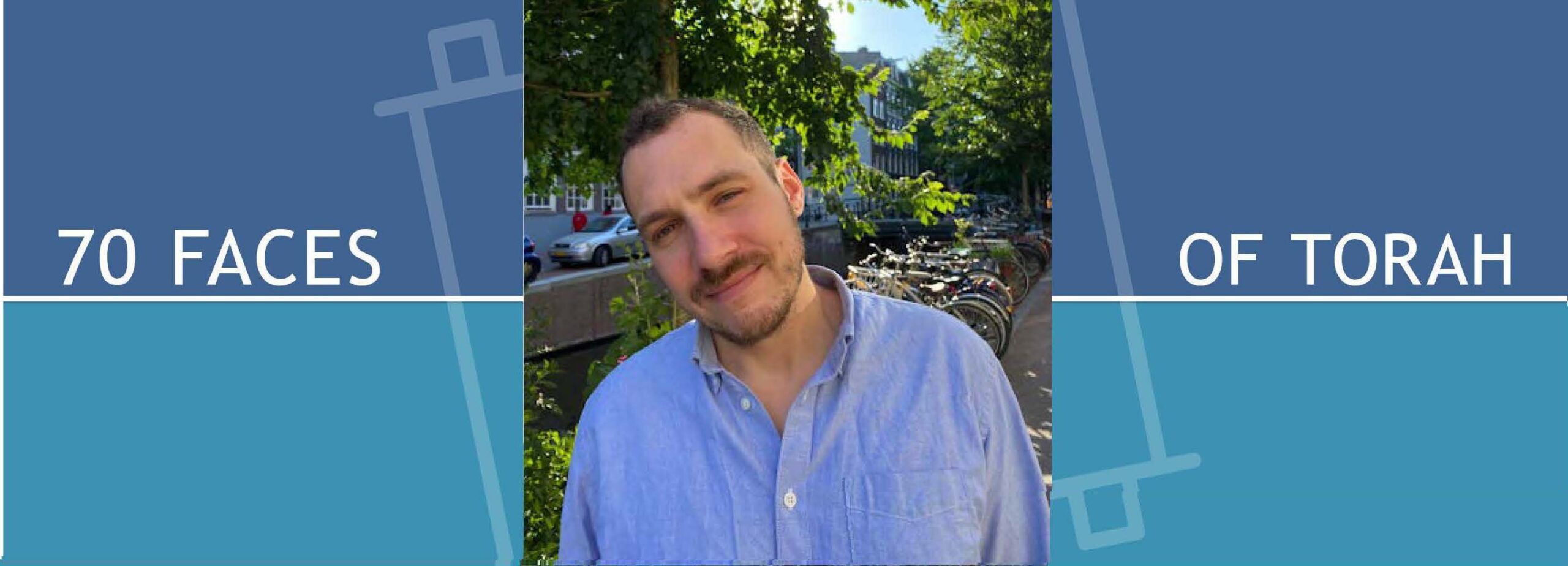Numbers The Lost Torah of Korach

Parashat Korach Numbers 16:1-18:32
כי כל־העדה כלם קדשים ובתוכם יהוה
“All the congregation are holy, every one of them, and the Lord is among them” (Numbers 16:3)
These words were uttered by Korach before he was consumed by the earth. If you hear something profound in them, you’re not alone. Were they not words of truth, the 19th century Hasidic master, the Ishbitzer Rebbe tells us, the Torah would not have recorded them for all eternity.
So Korach was a flawed man. His message was marred by ulterior motives—by hatred and self-interest. Still, he had a Torah—a teaching—and it is ours to learn.
To understand Korach’s Torah, I turned to the book of Psalms, eleven of which were written by “the sons of Korach.” Of course, the relationship between these psalms and Parashat Korach is mysterious. Are the sons of Korach the bearers of Korach’s lost Torah? Or did they rebel against their rebel father, forming a theology in the negative space of his own?
They form a coherent body of work. The poetic voice is completely different from that of King David. King David’s psalms erratically veer from bleak desperation to an outsized sense of vindication and invincibility. Praises to God are shot through with paranoid ruminations about enemies. When frenzied, he is self-righteous, castigating fools and sinners who will meet a sorry end while he—the beloved of God—will thrive.
The Korach psalms are of a different nature. They are songs of longing.
Longing for God: “Just as the deer thirsts for streams of water, so my soul thirsts after you, God” (Psalms 42:2).
Longing for the king: “I relate my verses for the king: my tongue is the pen of a ready writer. Thou art fairer than the children of men: grace is poured into thy lips: therefore God has blessed thee for ever” (Psalms 45:2-3).
Longing for the Temple. “My soul longs, indeed, it faints for the courts of the Lord: my heart and my flesh cry out for the living God” (Psalms 84:3).
Longing for Jerusalem. “Walk about Zion, go all round her; count her towers. Take note of her ramparts, view her citadels, that you may tell it to the next generation that this God is our God forever” (Psalms 48:13-15).
Absent from these psalms is Korach’s rebellious spirit. There is nothing but admiration for ancient Israelite institutions of authority. But Korach’s belief that “God is in their midst” is felt palpably by the sons of Korach. Every sensual detail pulses with divine immanence.
Winding through these poems like a thread is the specter of the pit that swallowed the poets’ progenitor.
“Abyss calls to abyss through the din of Your conduits” (Psalms 42:8).
“You have covered us with death-shadow” (Psalms 44:20).
“We will not fear, though the earth change, and though the mountains are moved in the midst of the sea” (Psalms 46:3).
And then, in the last Korach psalm, it is as if Korach the elder were speaking to us from the depths of the earth:
“I am… like the slain that lie in the grave, whom Thou rememberest no more: and they are cut off from Thy hand. Thou hast laid me in the lowest pit, in darkness, in the deeps” (Psalms 88:6-8).
This is a strange and sorrowful note on which to end this psalm cycle, emblematic of the Torah’s aversion to pat endings, or to endings in general.
In the Torah, as in history, there is never a final word.
In the fullness of time, every sinner will be crowned a tzadik (a righteous person) by a new generation of interpreters; and our descendants—bearing our names—will change the meaning of our lives.
Matthew Schultz is a columnist with the LA Jewish Journal. He is a rabbinical student at Hebrew College in Newton, Massachusetts and author of the “Dispatches from the Promised Land” substack newsletter: https://matthewschultz.substack.com/

